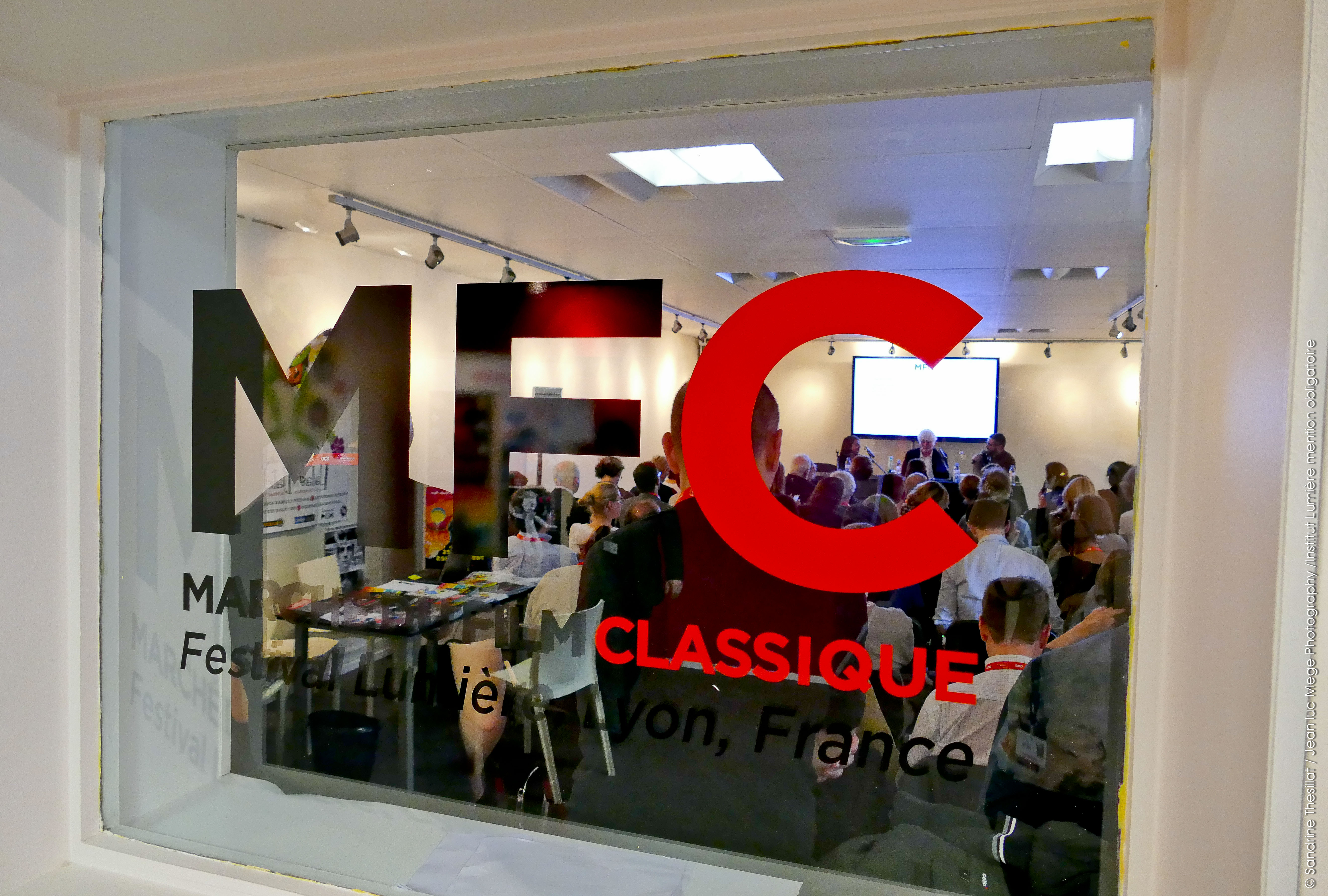Lumiere Market Honors Poland, Eyes Africa, Looks to International
By Ed Meza
LOS ANGELES (Variety.com) – LYON, France — The Lumière Festival’s International Classic Film Market (MIFC) kicks off on Tuesday, offering current assessments of the industry, technological developments and an examination of the heritage film sectors of Europe as well as of Africa and the Middle East.
According to MIFC organisers, heritage film finds itself “at the crossroads of a dynamic public action and an effusive market.” This year’s industry program examines the international market for restored classics and diverse distribution avenues, from video on demand and DVD/Blu-ray to movie theaters that continue to showcase heritage works.
The MIFC will also tackle the sector’s current challenges and point the way to new opportunities in its various events and roundtable discussions, including a keynote address by Sandra Den Hamer, director of the Netherlands’ EYE Filmmuseum in Amsterdam.
As EYE director, Den Hamer oversees an institute that plays a key role in the Netherlands’ film heritage and preservation sector as well as in cinematographic innovation and promotion.
The MIFC is also honoring Poland as this year’s guest country. The Polish Film Institute in working closely with the country’s leading film industry players on an ambitious project to restore 150 films in the next five years, thanks to the E.U. funded Digital Poland Program. As part of the market focus on Poland, a panel discussion will be devoted to the country’s film restoration program on Oct. 17.
The market will also examine the state of African and Arab cinema.
“About African cinema, our desire is first to have a proper idea of the economics of cinema in various countries, how films were produced, how they were exhibited and how they have been preserved,” says MIFC project manager Gérald Duchaussoy.
“We also wish to explore the new initiatives to restore and screen the classics from African cinema and to have an overview of the system in place and its development, because we have a feeling that a renaissance is possible – albeit fragile in the first place but [which] needs to be supported and talked about.”
With regard to Arab cinema, the MIFC will explore ways to gather resources in order to meet common goals. One of the program’s panels will focus on the work of Beirut-based Network of Arab Alternative Screens (NAAS).
Overall, Duchaussoy says this year’s International is expanding the number of professionals from abroad, increasing the number of participants at various events, such as its DVD/Blu-ray premium demonstration, and reinforcing initiatives aimed at exhibitors.
The MIFC will also unveils a study detailing figures related to the exploitation of heritage cinema.
The growing international significance of the Lumière Festival’s industry event is reflected in its muscular growth: Market attendance is increasing annually by 15% to 20%, according to Duchaussoy. This year it has registered 416 accreditations compared to 340 last year and 298 in 2016.
A total of 214 companies are attending the event, including 167 French and 47 foreign firms from 23 countries, including such global players as Amazon and German media giant Bertelsmann.
Also on hand will be leading French groups Gaumont, Studiocanal, Pathé Films, TFI Studio, MK2 Films, Wide and The Bureau Sales.
Other international participants include Italian post-production and restoration specialist Augustus Color; the Wim Wenders Foundation; Poland’s Kadr Film Studio and post-production firm Di Factory; Moroccan non-profit organization Cinémathèque de Tanger; Egypt’s Arab Radio and Television Network; and Tunisia’s Cinema at the Museum.

